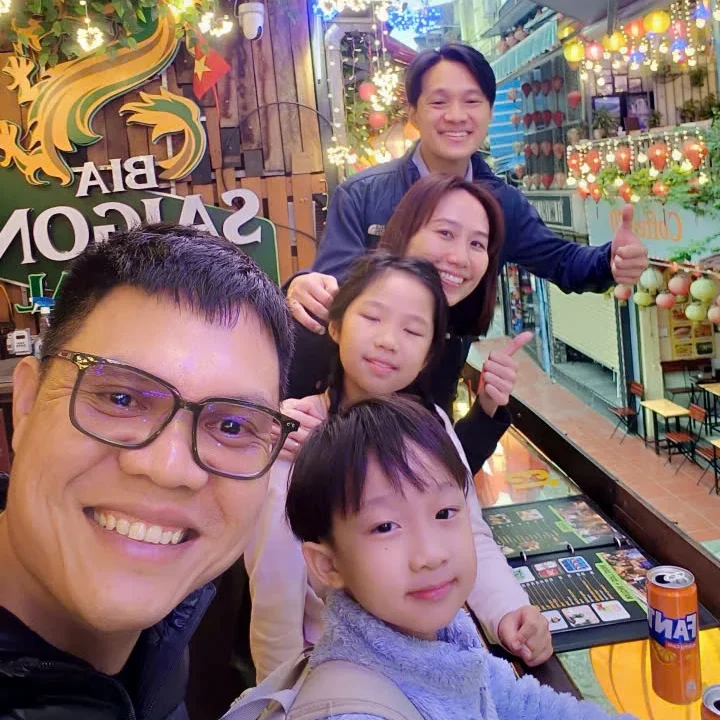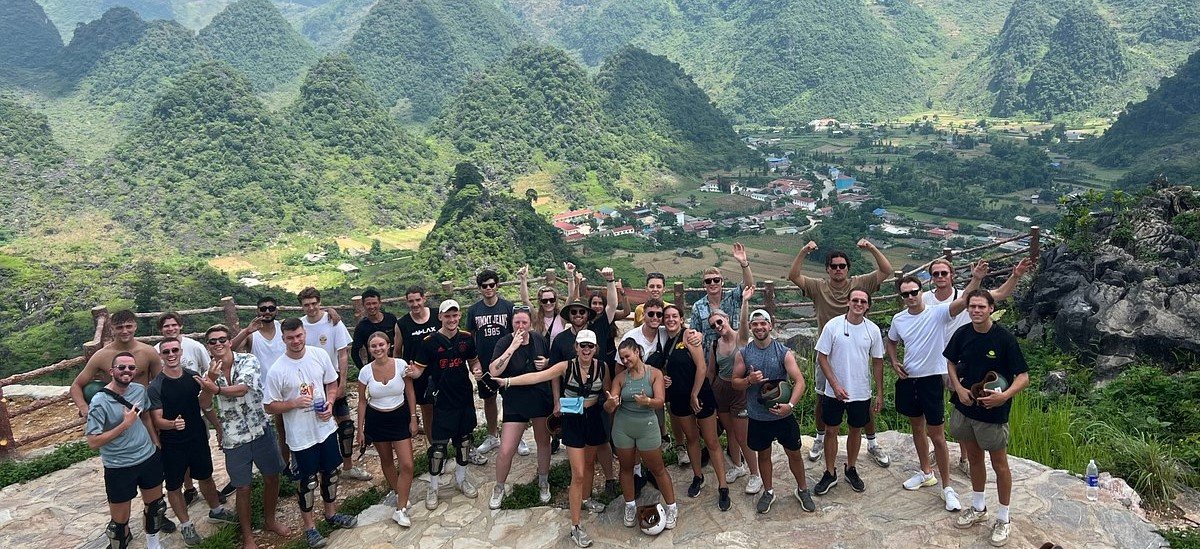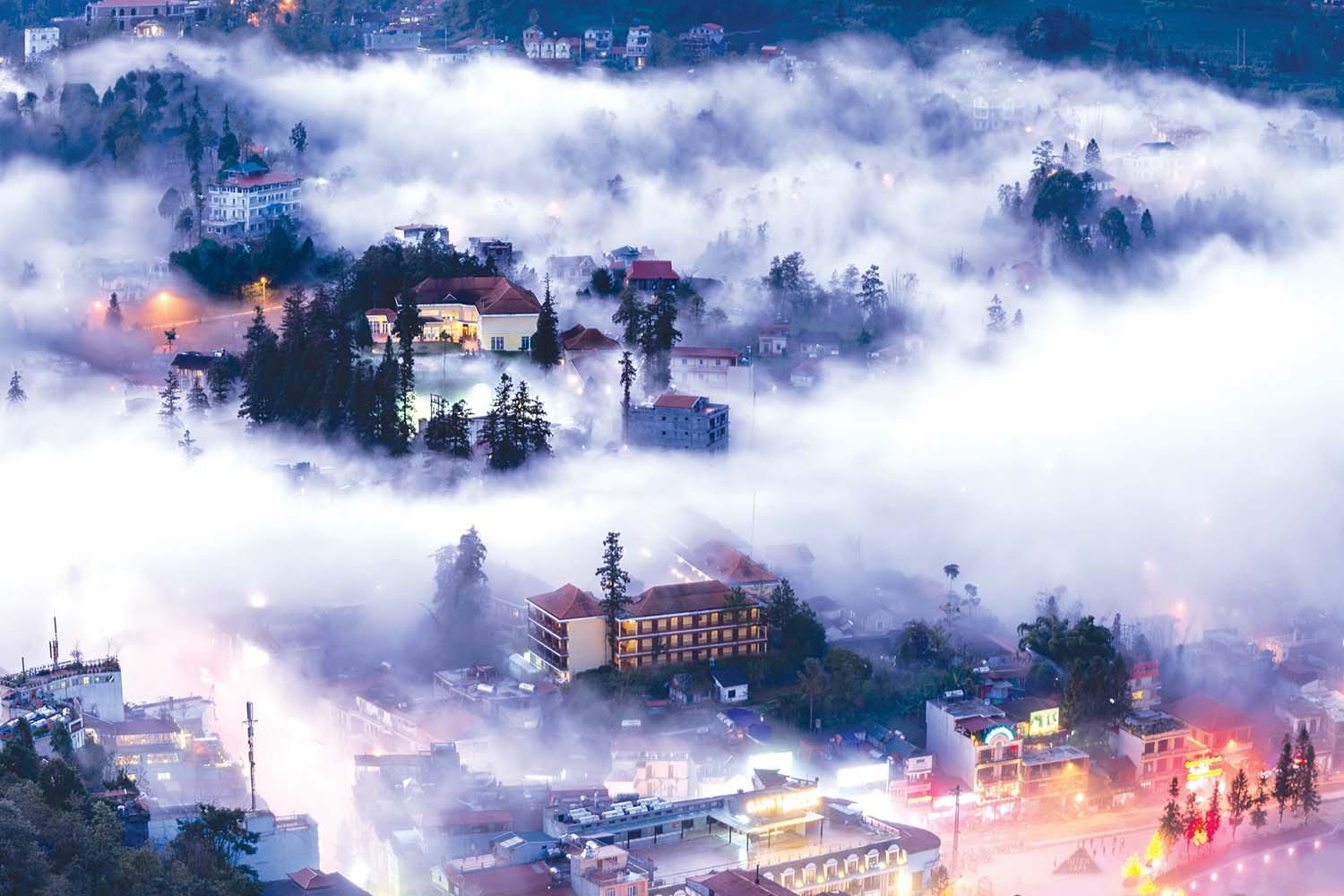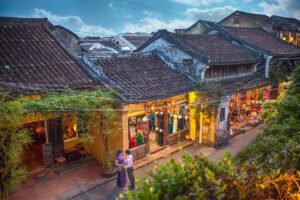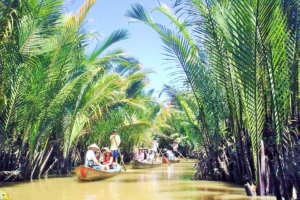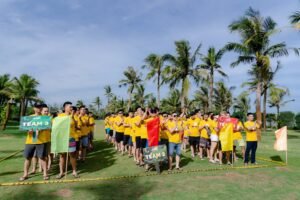How to Choose the Best Coffee Farm Tours in Vietnam
Vietnam is the world’s second-largest coffee exporter, but beyond the statistics and global fame lies something even richer: the authentic, earthy, life-filled experience of exploring coffee farm tours in Vietnam. These tours allow travelers to step into the highland breeze of Buon Ma Thuot, the misty hills of Da Lat, and the terraced valleys of Son La—each a unique coffee-growing world with its own stories. For travelers craving authenticity, flavor, and unforgettable cultural immersion, choosing the right coffee tour is essential.
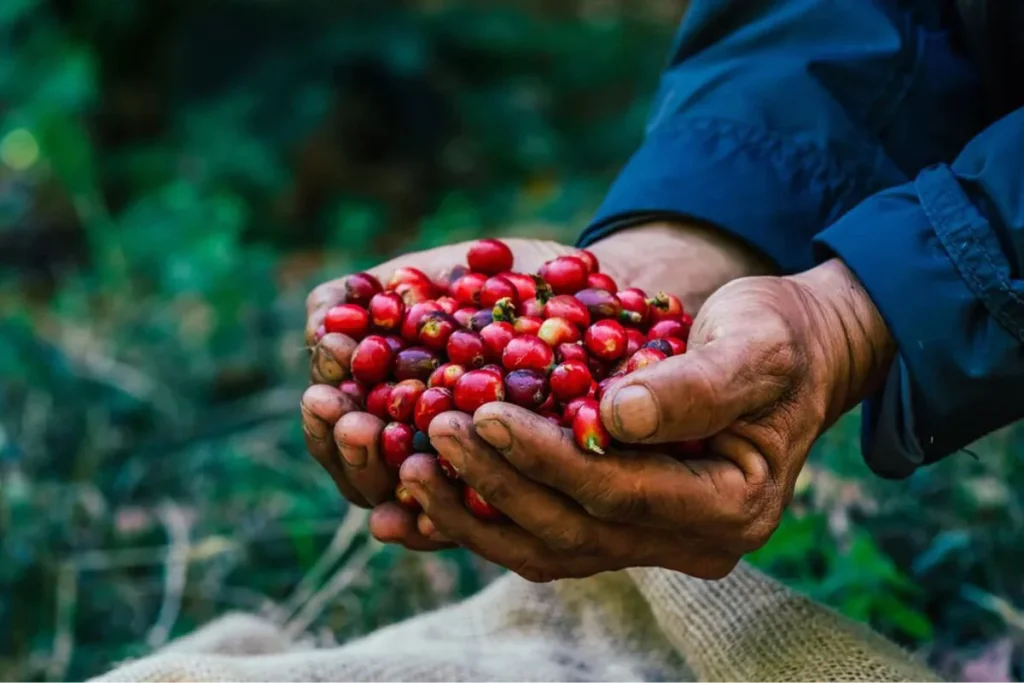

In this guide, you’ll discover everything you need to select the best coffee farm tours in Vietnam, what factors truly matter, where the finest experiences can be found, and how experts recommend planning your journey. Whether you are a coffee enthusiast, a cultural traveler, or simply looking for a unique adventure, this article is your roadmap.
Key Takeaways
- Vietnam offers unique coffee farm tours in Vietnam, showcasing rich cultural experiences and authentic coffee production.
- Key regions for coffee farm tours include Buon Ma Thuot for Robusta, Da Lat for Arabica, and Son La for cultural immersion.
- Choose tours based on authenticity, hands-on activities, guide expertise, and group size for the best experience.
- Travelers can select from various tour types like half-day immersions, full-day workshops, and eco-friendly sustainable tours.
- For the best tour, consider your coffee preferences, budget, and plan early to secure the best experiences.
1. Why Vietnam Is a Must-Visit Destination for Coffee Farm Tours
Vietnam’s highlands—Robusta-dominant but increasingly celebrated for Arabica—offer a rare combination of altitude, microclimates, and deep-rooted farming heritage. Vietnamese coffee plantations stretch across the Central Highlands and Northern mountains, producing flavors ranging from chocolatey and bold to floral and fruity.
But what makes coffee farm tours in Vietnam special is not just the coffee. It’s the chance to meet farmers, learn traditional processing, understand the journey from seed to cup, and witness generations of craftsmanship.
A well-planned coffee tour can also include:
- Hands-on harvesting workshops
- Roasting classes
- Tasting sessions with professional cuppers
- Cultural encounters with ethnic minority communities
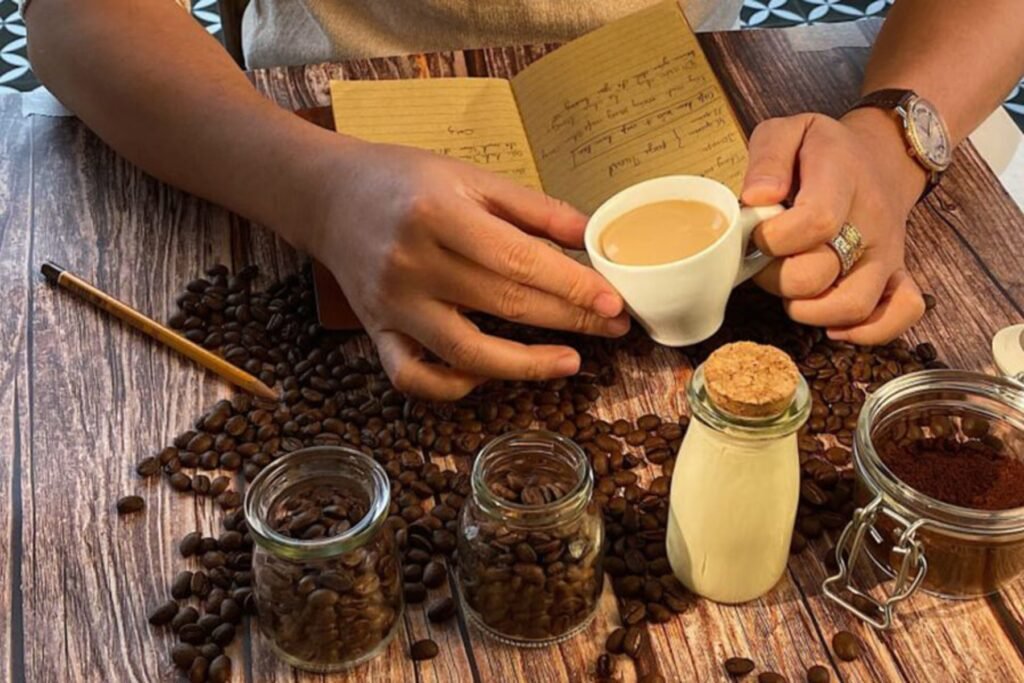

If you’re unsure where to begin, this guide will show you exactly how to choose a tour that fits your style, budget, and adventurous spirit.
2. Key Regions for Coffee Farm Tours in Vietnam
To choose the best experience, you first need to understand the geography. Each region offers a different atmosphere and flavor profile.
Buon Ma Thuot – The Coffee Capital of Vietnam
The heart of Vietnam’s Robusta production and home to vast Vietnamese coffee plantations. Expect large-scale farms, modern processing hubs, and iconic plantations producing award-winning beans. This region is known as Buon Me Thuot – Vietnam’s Coffee Capital.
Da Lat – The Queen of Arabica
Nestled in the cool pine forests of the Central Highlands, Da Lat is synonymous with high-quality Arabica. Tours here are intimate, often family-run, with hands-on classes and scenic farm walks.
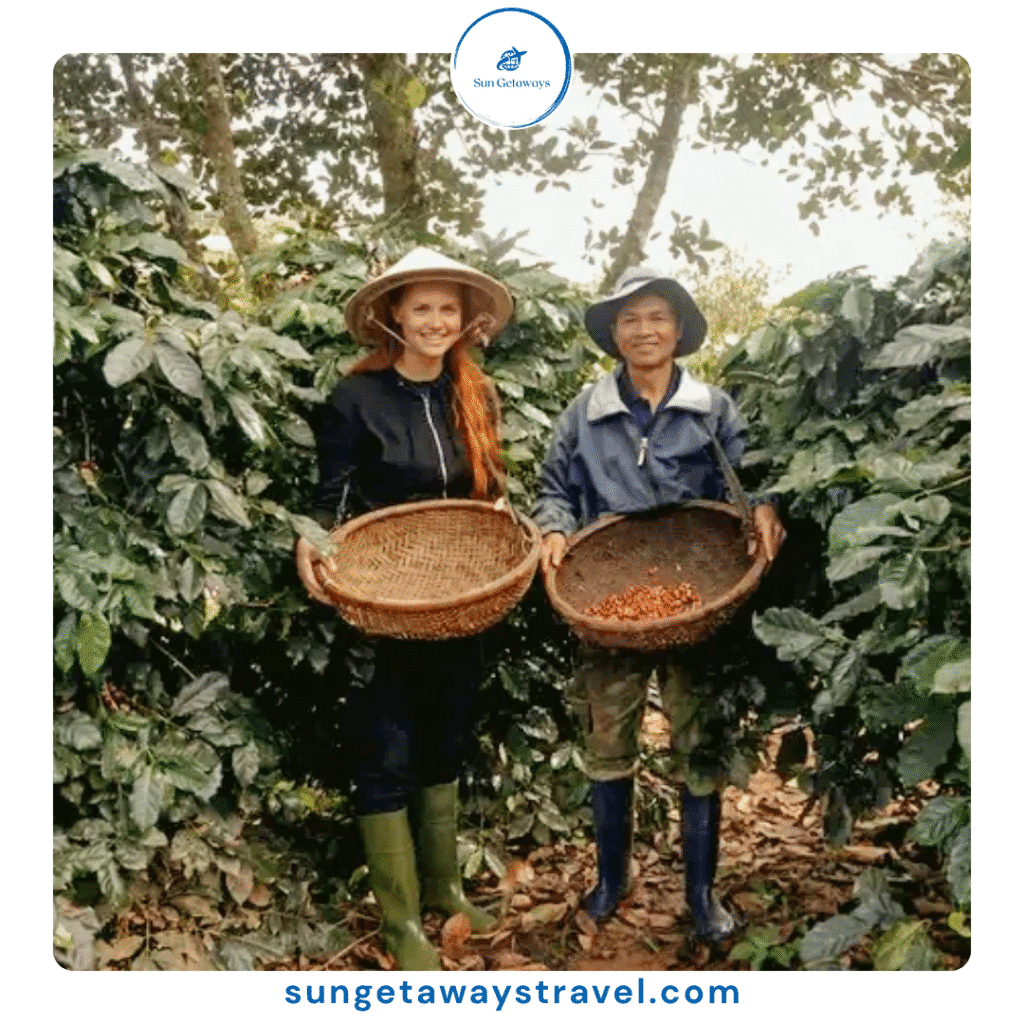

Son La & Dien Bien – Northern Mountain Coffee
These mountainous regions offer rare single-origin Arabica cultivated by ethnic communities like the Thai and H’mong. Tours are rustic, cultural, and deeply authentic.
Khe Sanh – Hidden Gem in Quang Tri Province
Less touristy but exceptional in quality, especially for specialty-grade Arabica.
Choosing a destination depends on what you want—big plantations, boutique coffee houses, cultural immersion, or all of the above.


If you need help selecting a region, Sun Getaways Travel can recommend the best route based on your interests and travel duration. For a general overview, check our guide on Vietnam regions.
3. How to Choose the Best Coffee Farm Tours in Vietnam: 10 Essential Criteria
Not all tours are created equal. Here’s what to look for when choosing coffee farm tours in Vietnam.
1. Authenticity of the Farm Visit
Many tours bring guests only to viewing platforms—not real working farms. The best tours take you deep into operational Vietnamese coffee plantations, letting you interact with farmers, observe production, and take part in seasonal activities.
2. Hands-On Activities
Look for experiences such as:
- Picking ripe cherries
- Washing and sorting beans
- Sun-drying coffee
- Basic roasting over charcoal
- Guided cupping sessions
Hands-on activities transform a simple visit into a once-in-a-lifetime learning experience. For more interactive farming concepts, see farming activities for tourists in Vietnam.
3. Expertise of the Guide
A knowledgeable guide explains:
- Varietals (Typica, Catimor, Bourbon)
- Altitude and climate impacts
- Processing styles (washed, natural, honey)
- Tasting notes and brewing methods
According to Emma, a travel specialist with 12 years of experience in tour consulting and operations in Vietnam:
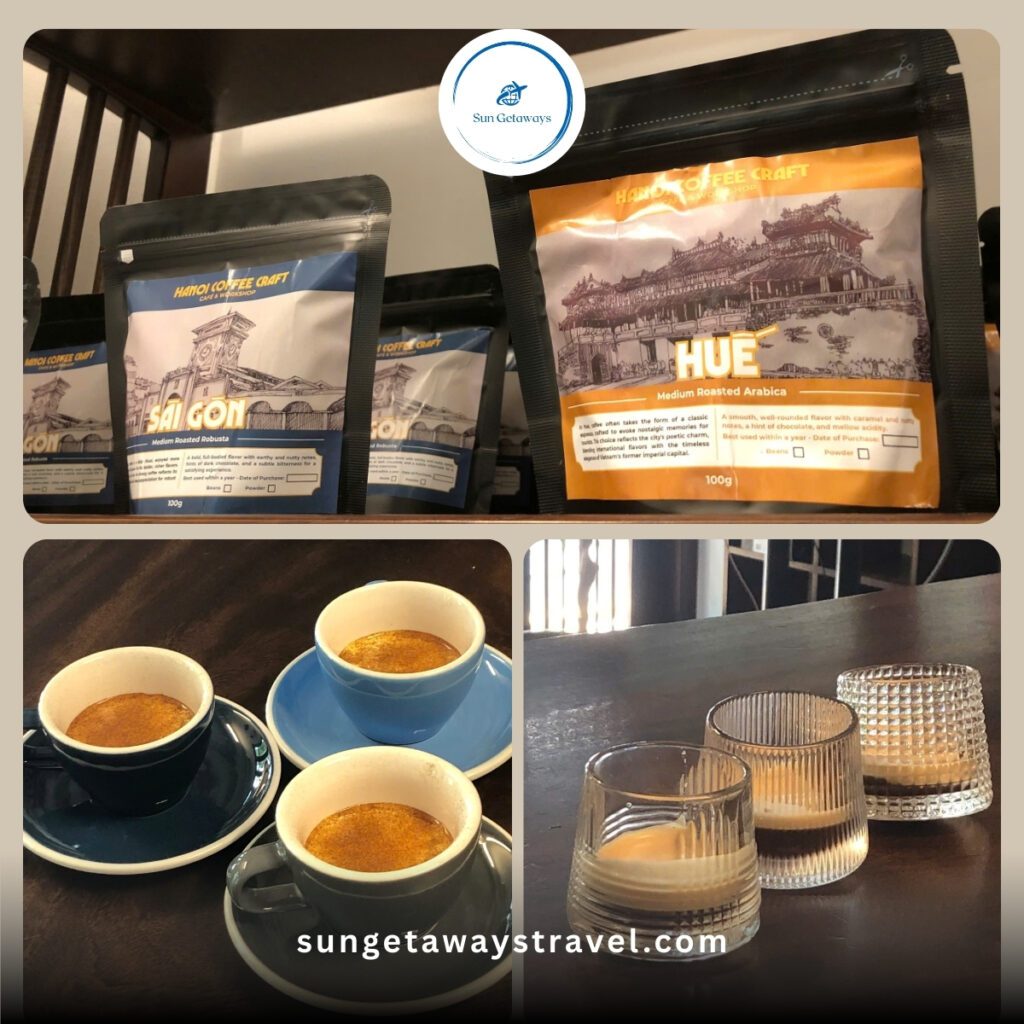

“The quality of a coffee tour depends heavily on the guide’s expertise. An expert guide connects the dots—from farming to flavor—and helps travelers truly appreciate the journey and cultural significance of Vietnamese coffee.”
4. Transparency and Sustainability
A good tour should highlight sustainable farming practices such as:
- Water-saving processing
- Organic cultivation
- Shade-grown coffee
- Fair-trade collaborations These tours support smallholder farmers and help visitors make ethical choices. Explore more about organic farming tours Vietnam.
These tours support smallholder farmers and help visitors make ethical choices.
5. Size of the Group
- Small groups (6–12 people) = best experience
- Private tours = more personalized, ideal for enthusiasts
- Large tours = budget-friendly but less immersive
When possible, choose intimate sessions.
6. Safety & Comfort
Especially in mountainous regions, consider:
- Road quality
- Physical difficulty
- Weather preparedness
- Availability of facilities A responsible operator will brief you in advance. For general safety, read the Vietnam travel safety & health guide.


A responsible operator will brief you in advance.
7. Included Extras
Great tours may offer:
- Brewing workshops
- Farm-to-table meals
- Local cultural performances
- Transport from city centers
These add value and enrich your journey.
8. Customizability
If you’d like a tour that combines coffee farms with waterfalls, hiking, or local markets, choose an operator who can tailor your itinerary.
Sun Getaways Travel specializes in customized itineraries—perfect for travelers who want more than a standard tour.


9. Language Options
English-speaking guides are not always available in rural areas. Confirm beforehand to avoid misunderstandings during technical explanations.
10. Real Customer Reviews
Look for reviews mentioning:
- depth of learning
- guide’s knowledge
- authenticity of the farm visit
- quality of tasting sessions
- value for money
Reviews reveal the true experience beyond marketing claims.
4. Best Types of Coffee Farm Tours in Vietnam
Different travelers seek unique experiences. When choosing coffee farm tours in Vietnam, consider your time, budget, and desired level of immersion. The best tour will depend on whether you prioritize brewing expertise, cultural interaction, or simply a quick taste.
| Tour Type | Key Features | Ideal For | Location Focus |
| 1. Half-Day Immersion | A quick overview, including a brief plantation walk, basic introduction to processing (pulping/drying), and a tasting session. | Visitors short on time or those seeking a casual introduction to coffee farming. | Available in Da Lat (Arabica) and Buon Ma Thuot (Robusta). |
| 2. Full-Day Specialty Workshops | In-depth exploration: detailed roasting demonstrations, barista-led brewing classes (e.g., V60, Chemex), and comprehensive farm-to-cup instruction. | Serious coffee enthusiasts, home-brewers, and those keen on perfecting their skills. | High-quality, specialized farms, particularly those focused on Arabica processing. |
| 3. Cultural & Coffee Combo | Combines visits to Vietnamese coffee plantations with authentic ethnic minority village visits (e.g., Ede, M’nông), local craft workshops, and regional cuisine tasting. | Travelers seeking deep cultural context alongside agricultural knowledge. | Popular in regions like Sơn La, Đại Từ (Thái Nguyên), and Buôn Ma Thuột. |
| 4. Eco-Friendly Sustainable Tours | Focuses on organic farming methods, environmental education, fair-trade practices, biodiversity, and ethical treatment of farm workers. | Eco-conscious travelers and those interested in Vietnamese agricultural tourism. | Boutique, certified organic farms; often found in remote, pristine areas. |
| 5. Multi-Day Highland Expeditions | Extended stays allowing for trekking, deep cultural immersion, and hands-on interaction with farm work (e.g., harvesting or sorting). | Adventurers who want a slow-paced, deep dive into the rural highland lifestyle and various Vietnamese coffee plantations. | Remote Central Highlands and Northern regions. |
5. Practical Tips for Choosing the Best Coffee Farm Tours in Vietnam
To maximize your experience and ensure you choose the best tour, plan around your specific preferences and the Central Highlands’ agricultural calendar.
- Know Your Coffee Preferences:
- Arabica Lovers: Head to Da Lat or the high-elevation areas of Lâm Đồng Province.
- Robusta Fans: Focus on Buon Ma Thuot (Đắk Lắk Province), the robusta capital, where production dominates.
- Check Seasonality – The Agricultural Calendar: The farming experience changes dramatically with the season:
- Harvest Season (November–February): Best time to see the cà phê cherry picking, sorting, and primary processing. Highly interactive.
- Flowering Season (March–April): Witness the stunning sight of white coffee blossoms covering the hills—the most picturesque time, though less about processing.
- Low Season (May–October): Focus is on pruning, drying, and planting preparation. Tours focus more on tasting and roasting.
- Budgeting for Coffee Farm Tours in Vietnam: Prices reflect the depth of the experience and class sizes:
- Half-Day: $25–$45 USD
- Full-Day Specialty: $50–$120 USD (often includes transportation and specialized brewing equipment)
- Multi-Day Expeditions: $150 USD+ (includes accommodation and multiple meals). For detailed budget planning, see our guide on Vietnam trip cost.
- Book and Plan Early: Highland tours, especially those focusing on specialized processing or homestays, fill up fast. Book well in advance, particularly during the peak harvest season (Dec–Jan) and the Tết (Lunar New Year) holiday. If you’re planning your trip, consider our Central Vietnam itinerary (10 days) which can easily include the Central Highlands.
6. Why Travelers Choose Sun Getaways Travel
If you want a tour that blends authenticity, comfort, and expert guidance, Sun Getaways Travel provides tailored coffee farm tours in Vietnam built around your preferences.
We partner only with verified farms and community-based cooperatives to ensure travelers enjoy genuine, respectful, and high-quality experiences. Whether you’re seeking a private Arabica-session in Da Lat or a cultural Robusta journey in Buon Ma Thuot, we design tours that fit your timeline and style.


Ready to explore the highlands? Contact Sun Getaways Travel (WhatsApp) for a customized itinerary that brings Vietnam’s coffee world to life.
Conclusion: Coffee Farm Tours in Vietnam
Choosing the best coffee farm tours in Vietnam requires understanding your preferences, evaluating tour quality, and choosing trusted operators who value authenticity, sustainability, and cultural respect. From the rolling Vietnamese coffee plantations of Buon Ma Thuot to the charming Arabica hills of Da Lat, Vietnam offers rich, flavorful journeys waiting to be discovered.
Whether you’re a coffee beginner or a seasoned aficionado, the right tour will deepen your love for Vietnamese coffee, connect you with local communities, and create unforgettable travel memories.
FAQs about Coffee Farm Tours in Vietnam
November to February is ideal because it’s harvest season, offering the most hands-on activities.
Yes. Most tours include beginner-friendly explanations of farming, processing, and tasting.
Nearly all tours offer guided tastings, allowing visitors to compare different processing methods and beans.
Yes. Most farms sell their freshly processed beans, often at better prices and higher quality.
Absolutely. Many operators, including Sun Getaways Travel, offer customizable private tours for a more personal experience.
Ask a question
Leave a Comment (0)
No questions yet. Be the first to ask a question!

